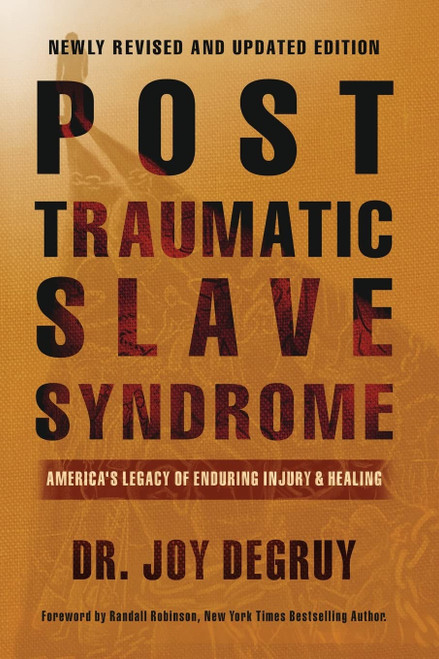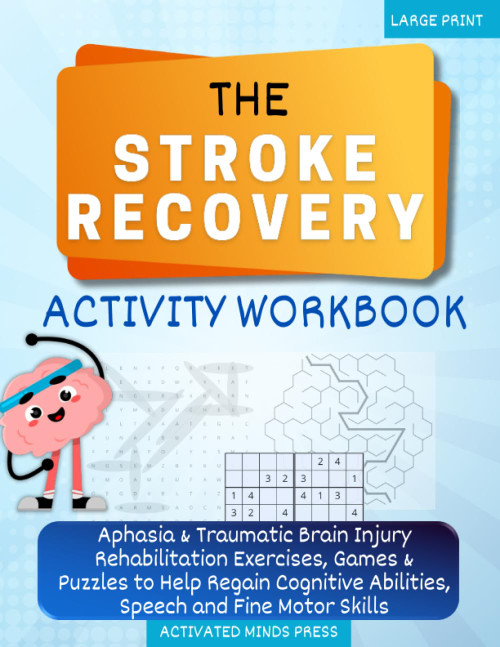Each year in the United States, more than 3 million people sustain a traumatic brain injury (TBI). Associated annual costs exceed $48 billion, yet media and policy makers have largely ignored this major public health problem. Moreover, most clinicians lack experience in treating and evaluating patients with TBI and thus are unaware of its many subtle but disabling psychiatric symptoms. This critically important textbook-the timely successor to the popular 1994 compilation by the same editors-fills that void, providing a wealth of scientific, yet easy-to-understand information on the complex neuropsychiatric sequelae of TBI. Written by recognized experts and designed to help treat patients in the clinical setting, this volume presents a truly comprehensive, clinically relevant approach based on current research and clinical practice. As such, it is the ideal tool for helping to educate mental health care professionals about the devastating consequences of TBI.
This thoroughly updated and expanded textbook contains 40 chapters and more than 100 clinically-relevant figures and illustrations. It is organized into seven sections that address epidemiology/pathophysiology, neuropsychiatric disorders and symptomatologies, special populations and social issues, and treatment and prevention, covering topics such as aggressive disorders, cognitive changes, fatigue and sleep problems, chronic pain, mood disorders, family systems, pharmacological therapy, and-of critical importance-prevention. Updates from the 1994 predecessor work include
- Separate chapters addressing structural imaging, functional imaging, and electrophysiologic techniques (the 1994 volume contained just one chapter on neuropsychiatric assessment) A chapter dedicated to specific issues that arise during neuropsychological assessment Extensive revisions to all chapters covering neuropsychiatric disorders Chapters discussing the multiple neuropsychiatric sequelae experienced by patients but not encompassed by the usual psychiatric syndromes-including apathy, reduced awareness of deficits, fatigue, pain, headaches, balance problems, visual difficulties, and sequelae of sports injuries New chapters on social issues and systems of care The full range of treatment modalities, including a chapter on alternative therapies
These distinguished editors have brought together the leading-edge work of a stellar group of renowned contributors in a practical, deeply informative textbook that will be welcomed as a must read by psychiatrists, neuropsychologists, clinical psychiatrists, physiatrists, neurologists, and other professionals, including residents and trainees, involved in brain injury rehabilitation.










